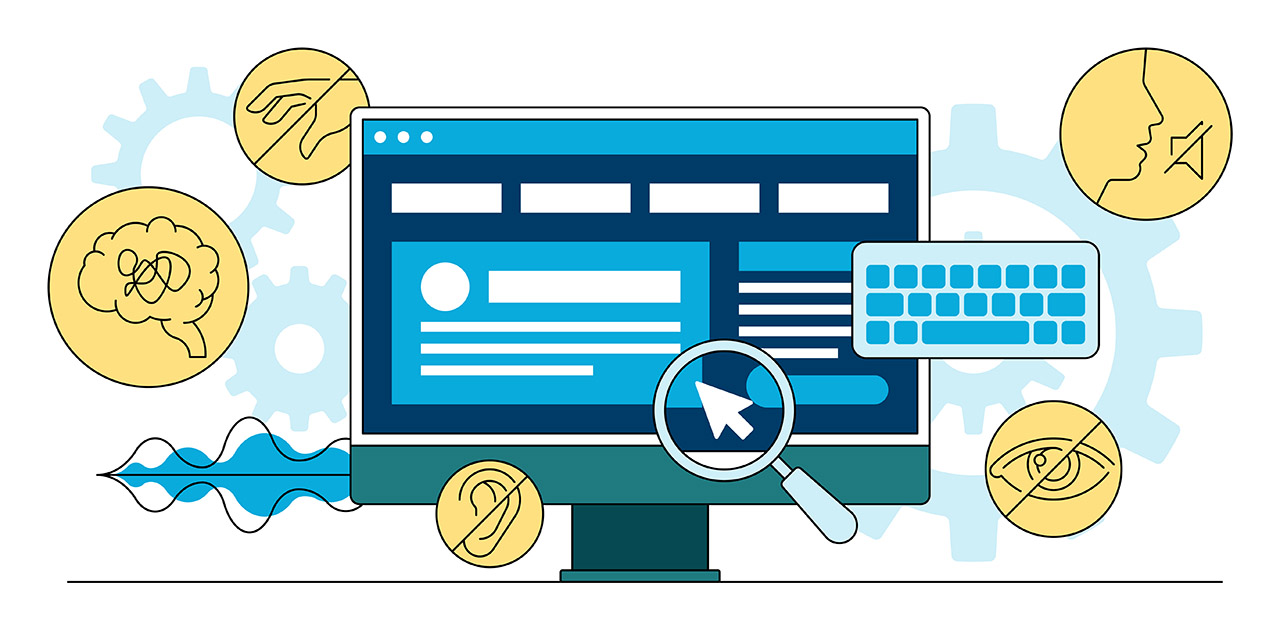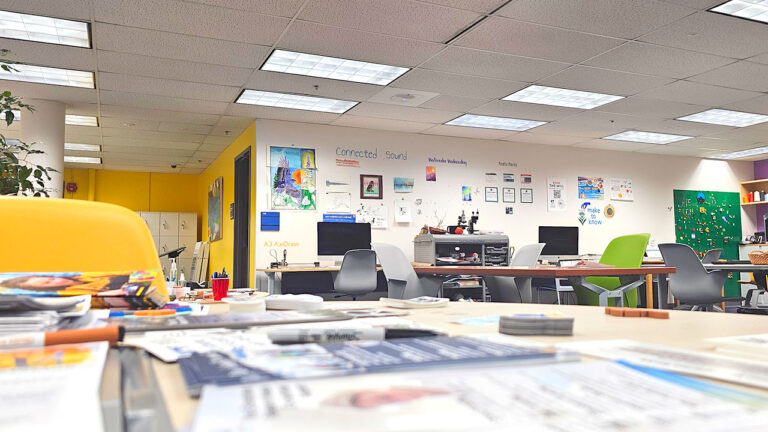
Open resources for accessibility
Accessibility is a topic appearing in mainstream conversation with increasing frequency. When it comes to making course materials accessible, we are getting more questions regarding the practical steps of how to go about authoring course content. Why is this? Some of these questions are driven specifically by faculty applying the Quality Matters rubric to their courses. I think many of these questions are a result of a growing general awareness of accessibility. Today, authoring accessible, online course content can be considered a digital literacy issue, much in the same way that online publishing was years ago when we were still learning to build websites, record digital audio and capture video. Now we have access to tools that make creating accessible content much easier than it has been in the past. On the learning curve of authoring online content, there seems to be more individuals prepared to tackle the challenge of addressing accessibility. As more people take this on they improve the quality of course content by making it available for consumption by a more broad audience.
At UAF CTL we get questions regarding video captioning, PDF accessibility and more advanced accessibility topics — evidence that people are now thinking beyond simply adding ALT text to their images, which is great. These are enhancements we can provide assistance with for UAF courses. In addition, there are also open tools available if you’re interested in learning more about how to make your courses accessible.
As it so happened, last week I was listening to an Open Education Rising podcast episode addressing just this very topic, “How Can OER Be More IncIusive”. The episode contains a number of open education resources (OER) that are tools for authoring course content for audiences. Jess Mitchell, of the IncIusive Design Centre at OCAD University in Toronto, shares a number of open resources for anyone interested in learning how to make their content more accessible. You can find tools like the BCcampus Open Education Accessibility Toolkit, The IncIusive Learning Design Handbook and a few others shared in the show notes for the “How Can OER Be More IncIusive’ podcast episode. I appreciate that she shares OER in support of more accessible courses, and I recommend listening to the other episodes available through this podcast. It covers a broad range of open issues in the context of education.
Resources
- If you’re curious to learn more about Jess Mitchell, you can watch her keynote on normative issues in incIusion in open education, which she delivered at the 2018 OpenEd conference.
- Teaching Tip: How UAF Instructors are Improving Accessibility
- Teaching Tip: Autocaptions are new in Kaltura
- If you’re interested in getting into the technical weeds of accessible PDFs, download and review the Tagged PDF Best Practice Guide: Syntax
- See an overview of the Quality Matters rubric



